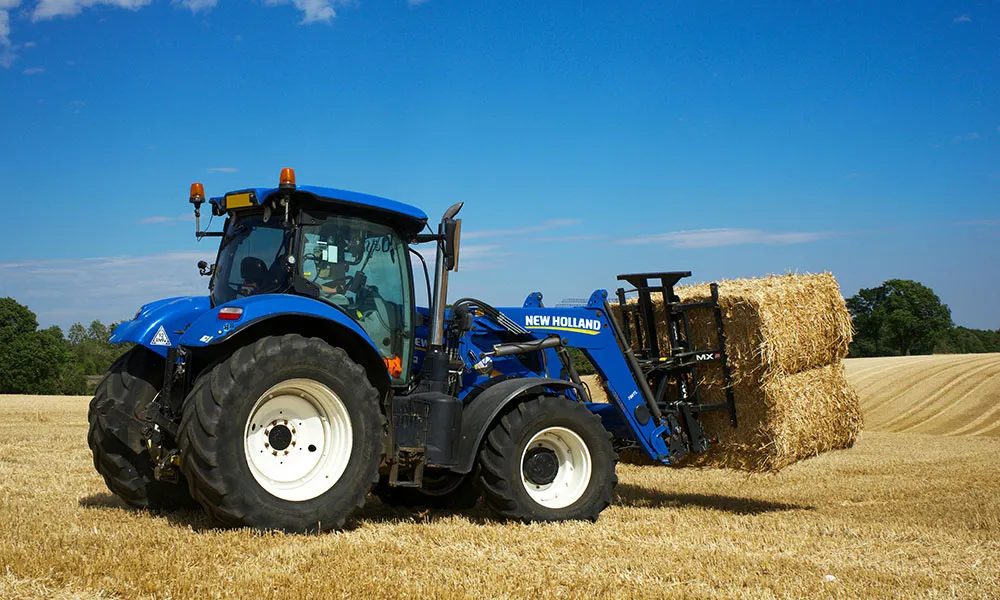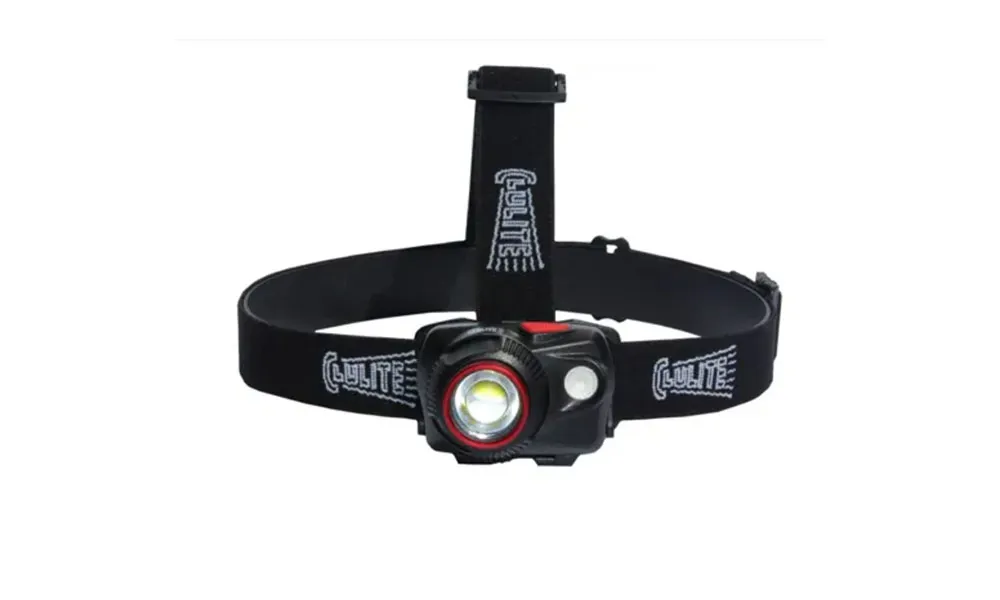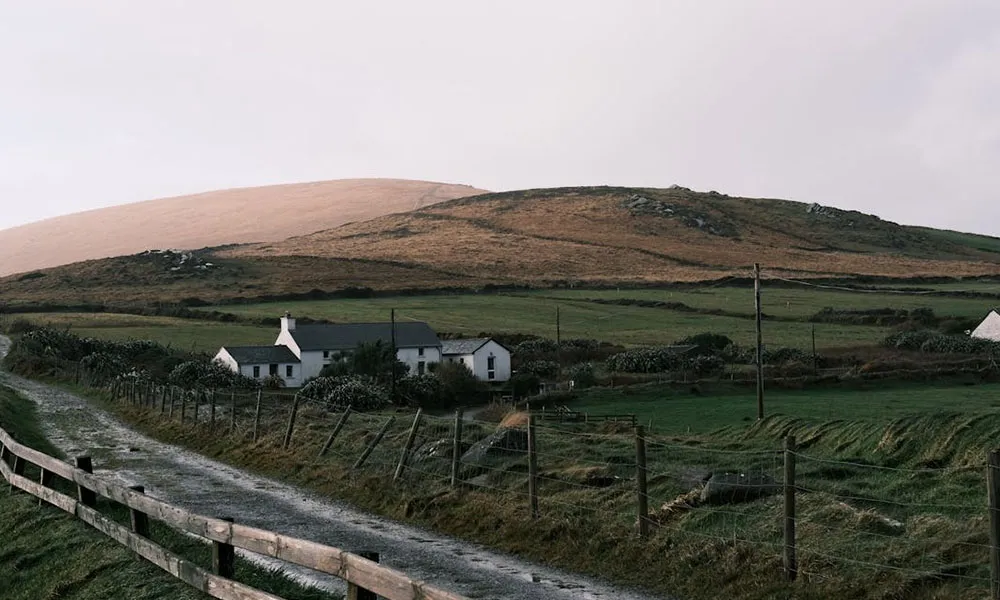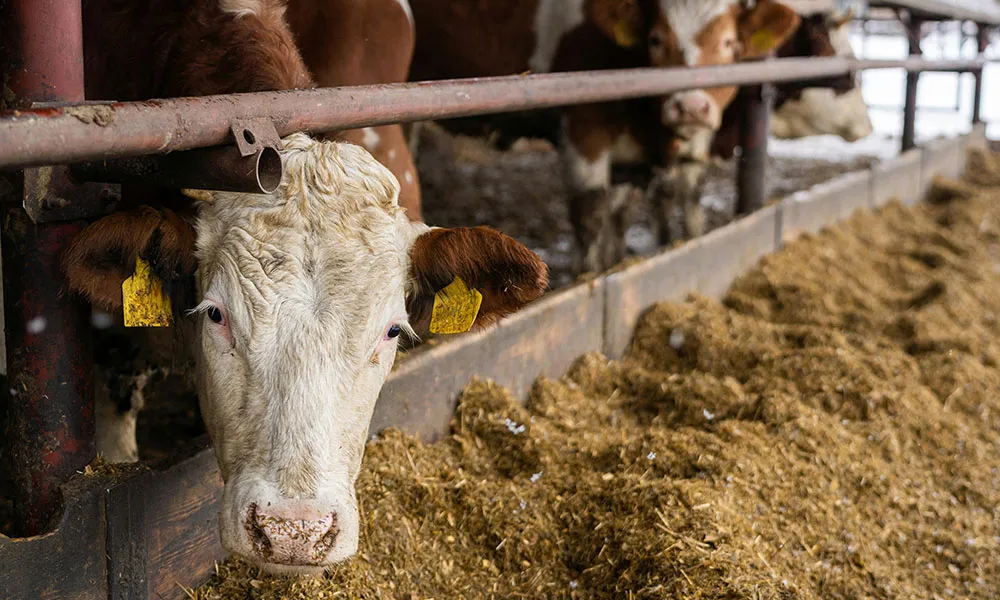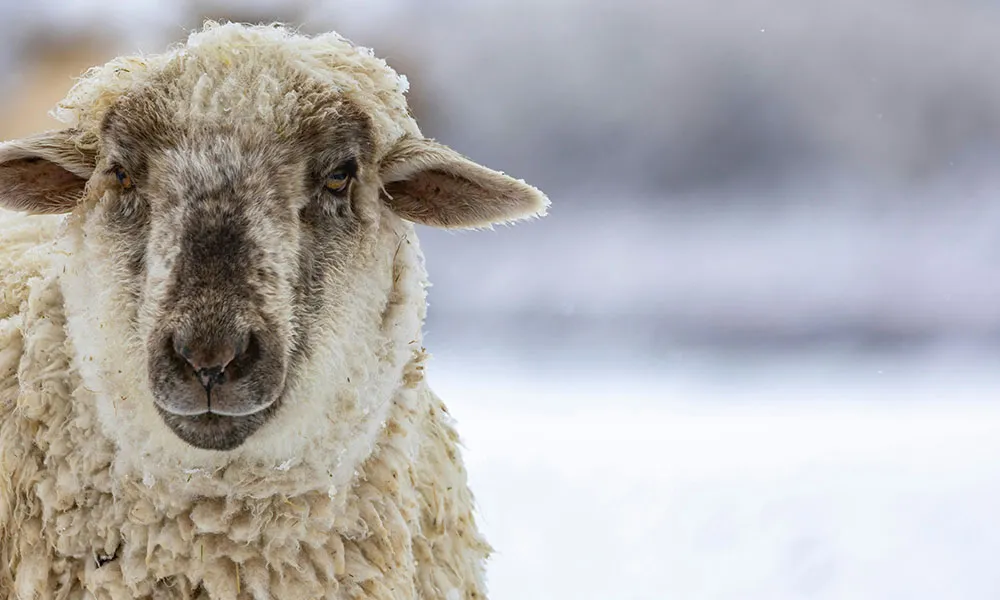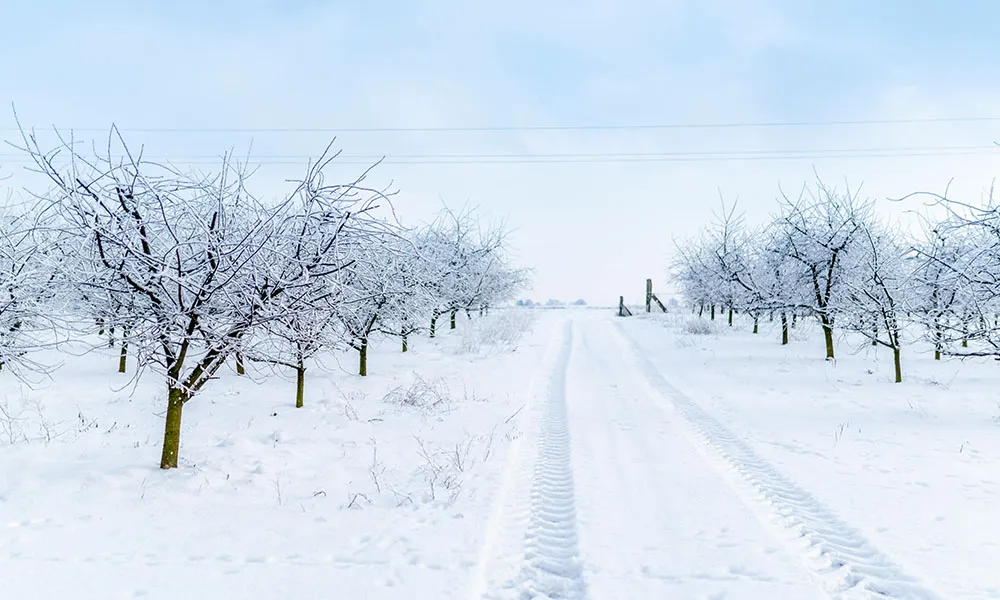
Questions farmers have about Dog Attacks
Dog attacks are becoming a bigger problem every year and farmers have a lot of questions in regards them, such as: How can farmers help prevent attacks on their animals? Why do dogs’ attacks happen? What should you do if you encounter a dog attacking your livestock? Am I covered if I shoot a dog Worrying my sheep? Here we hope to offer some help to farmers as they strive to protect their livestock.
Dog Attacks Cause serious destruction and loss of Income
All livestock worrying by can cause havoc on a farm. However, sheep worrying is a significantly worse problem because it has huge ramifications for the animals and in turn for the farmer. Sheep panic easily and as a result can act erratically! Often more damage is done by the sheep running into drains, rivers, hedges etc, than the actual teeth of the dogs. Even worse is that most dog attacks appear to happen around the lambing period, resulting in ewes aborting their lambs. This can have detrimental effect on the income of the farmer who relies on the sale of lambs for their income. This is even more keenly felt by smaller farmers. While insurance or a lawsuit against the owner may cover the cost of replacing stock killed and the treatment of injured animals, there can be knock-on effects to breeding programmes that can take years to overcome.
Why do dog attacks happen?
This is a hard one to answer. A Petbuzz Market Research in the UK surveyed 1,320 pet owners in January 2020. It revealed that over 86 % of dog owners exercise their pets in the countryside, with over 63% letting them roam off the lead. Six per cent of owners admitted that their pets had chased livestock in the past. This type of reckless behaviour by people walking dogs is just one of the problems. Many pet owners believe that their “precious pet” wouldn’t hurt a fly and that they will come back as soon as called. Unfortunately, this is rarely the case. No matter how well trained the dog, the sight of a sheep can unlock an ancient instinct that will turn them both blind and deaf to anything else. As any farmer will tell you, dogs become more restless around the lambing period. Whether it is to do with a scent emitted by the pregnant ewes, or instinct telling them that this time of year is when sheep are easier prey, dogs in the country are full of pent up energy. Often your best sheep dog is the one you need to watch most closely!
"Small Dogs can do no Harm"
Another issue is that some pet owners do not realise the damage a dog scaring sheep can do. Some will think it funny to see a small dog chasing sheep, spouting such nonsense as "Small dog's can do no harm"! They think it’s just having fun and there is no way it will catch the sheep. They do not realise that fear is enough to kill a sheep; certainly enough to cause ewes to abort their lamb.
In actual fact, small terrier dogs are often the worst for killing sheep. After all, most terrier breeds were originally bread for killing; whether foxes, rats or other pests it is in their nature to kill and they are very good at it. Size is no barrier!
A sheep farmer I know says his greatest fear is seeing a terrier and a sheep dog straying together. The sheep dog loves to round up sheep and the terrier loves to kill; a perfect storm on a sheep farm!
That brings me to another issue. Pet owners in the country leaving their dogs out during the day while they go to work. They see the dog is there when they leave and there when they come back and think it has stayed home all day. Unfortunately, this is often not the case. Often, they will wander the road and meet up with a neighbour’s dog/and or dogs. This is when they are most dangerous. The pack mentality takes over and there no sheep in the area is safe.
How can farmers protect their animals from dog attacks?
The good news is there are steps farmers can take to help prevent dog attacks on livestock. Many of the suggestions from departments and insurance companies will suggest are:
- Check stock regularly , especially during the spring period.
- Where possible keep sheep in fields away from footpaths/ roadways during the lambing period.
- Maintain fences, walls and hedges to make it more difficult for dogs to get in.
As these are things most farmers have in place it probably isn’t much help. Luckily there are some things that you can do in addition to these. These include:
- Post on your social media to alert neighbours that livestock are in nearby fields and to be keep a hold of their dogs. Post to local walking groups the same.
- Speak directly to neighbours with dogs. Ask them to ensure their dog is always under control and fenced in correctly. Explain politely that you cannot afford to have any attack on your sheep and that if their dog does attack, you will have to hold them responsible for any financial loss.
- Put up signs warning dog owners to keep their pets under control on or near your land. A sign stating that any dog feared to be worrying sheep can and will be shot should be a notable deterrent.
- Ask neighbours to alert you if they see attacks or loose dogs in your area.
- Start a WhatsApp group with other farmers in your locality to alert each other if an attack happens or if dogs are spotted in the area. Make sure everyone knows that if someone puts an alert of an attack, that someone contacts the Gardaí and then makes their way to help prevent the attack. Armed if necessary.
- Get a Foxlight. While it may not be as effective against dogs as it is foxes because they are less weary of people, it will still act as a reasonable deterrent at night when it is more difficult to keep checking ewes in the field.
What should you do if you encounter a dog attack?
The National Sheep Association in the UK offers farmers the following advice:
Stay safe dogs attacking animals can turn on humans so it’s important to take care and keep your distance. Throwing a toy could help distract the dog.Sound advice but one that can be hard to follow when your livelihood is at risk. And I don’t know about other sheep farmers, but I don’t usually have dog toys on me when I check my flock!
Other advice includes collecting evidence by taking photos or video will help get a conviction against the dog owner. Again, a hard one to follow when your first reaction is to stop the dog ASAP. However, it is a good idea to take a quick picture first so that the owner will have no comeback for whatever happens next.
Personally, after taking the picture I would message a neighbour farmer or WhatsApp group saying there’s an attack happening. If you don’t have someone to call, call 999 and tell them what is happening. This will also help to cover you if there is any suggestion you acted incorrectly.
Then I would find the biggest stick I can and start making as much noise as I can. If there are quite a few dogs it is advisable not to get too close but to make noise and distract them until help arrives. If the dogs continue to attack the sheep, then you may need get a hit at them to get their attention.
Care needs to be taken at this stage as they could easily turn on you. If they flee all the better, check your flock and worry about tracking the dogs down later. If not keep trying to scare them off until help arrives.
Once you have the sheep safe or if you come across an attack that has already taken place contact the Gardaí and report it. Reporting livestock worrying incidents will help Gardaí build a picture of the number of attacks. This helps them put in place future measures to stop attacks. It could also help create a case against a pet owner who consistently fails to control their animals. Hopefully leading to them being banned from owning dogs in the future.
Am I covered if I shoot the dog?
The answer is yes. Mostly.
However, you must be careful. While you are legally covered to shoot a dog worrying your sheep, you have to prove that they were worrying or about to worry your sheep. You also have to prove that there was no alternative to protect your flock. You will be covered if you notify the local Garda station within 48 hours of the shooting.
However if you shoot a dog that is not in the field with your sheep because you “believe it was a danger” you could be in murky water. Especially if you cannot prove it intended to worry your flock. Equally if you shoot a dog that was walking in your field first and ask questions later you could also be in trouble. If it turns out the dog was 12, blind or unable to run you might find yourself liable for the pet owners’ loss.
The best advice is to not act rashly but to know the full story before acting. If the dog is outside your fence it is best to try catch them and locate an owner and give them fair warning. Or if not possible take a picture and contact the Gardaí. No one wants to be the “evil man” who shoots a little girls pet dog if it is at all avoidable.
If the dog is actively attacking your sheep and you have a gun on hand… well it’s probably safe to act first and ask questions later! We, of course, hope it doesn’t come to that. Dog attacks are avoidable if the right precautions are taken. Hopefully your neighbours are all reasonable people and will take the appropriate steps to secure their pets.
Happy lambing from all at Agridirect! RGA




